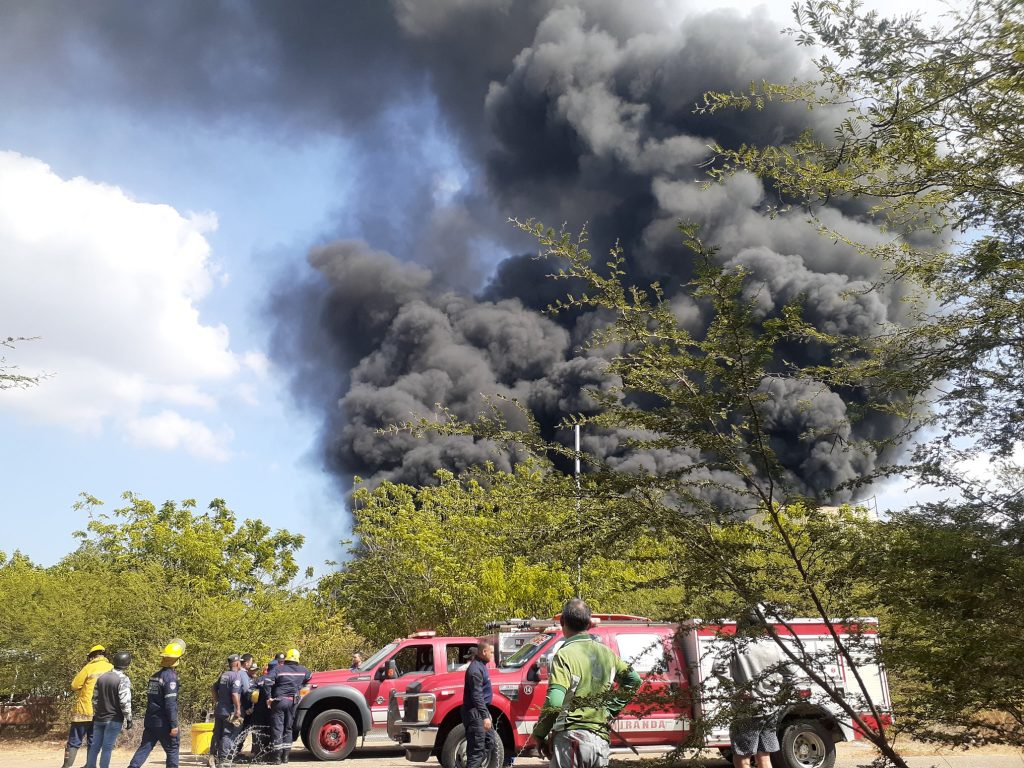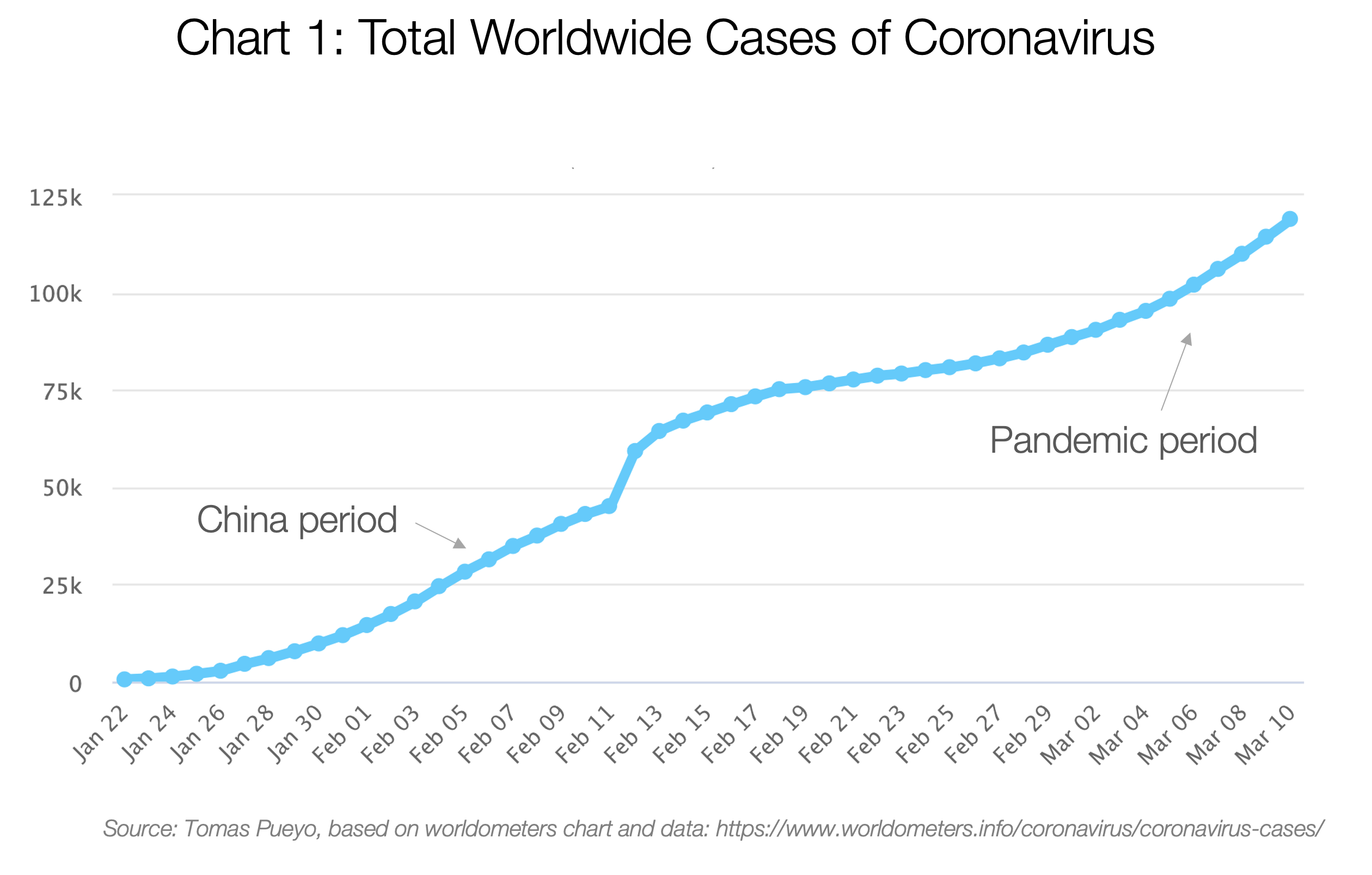Last monday, citizens, organizations and social movements that participate in the space known as Dialogo Social (Social Dialogue) manifested their support for a peaceful and negotiated agreement as the way towards the construction of a solution to Venezuela’s crisis.
As the result of dynamics between different social actors and consult networks with more than 200 organizations of Dialogo Social, Deborah Van Berkel, president of Sinergia (Sinergy), claimed that the agreement should have representation of all political institutional spaces in order to find a real solution, also, respect to human rights and institutions, aiming for the restoration of the democratic system through free and transparent presidential elections that solve the crisis the country is facing, with sector agreements backed by the National Assembly that cater to the most urgent needs of the people.
During the event, political actors were encouraged to reactivate the negotiation mechanism sponsored by Norway, redesigning its composition and function, aiming to facilitate the inclusion of new national and international parties that could strengthen the process and allow incorporating proposals from all sectors of society.
Sector Agreement
Luis Francisco Cabezas, director of Convite AC, informed about the first sector cooperation agreement exercise with political actors, United Nations technical teams and the Andean Development Corporation (CAF), to address the crisis and the reconstruction of the national electrical system with an initial $350 million credit. This joint work process has presented, according to Cabezas, the selection and approval of several projects that require urgent attention and that will initially benefit communities in Zulia, Táchira, Nueva Esparta and Miranda states.
Redefining the Dialogue
Regarding what’s been referred to as national dialogue and the recent agreements between the regime and a political sector of the opposition, the representatives of Dialogo Social say that this mechanism will only be viable if all political actors are represented, and the voices and proposals of all Venezuelans are present as part of the negotiations; they detailed that this system must be open to all institutional political actors and civil society in order to reach an agreement. They pointed out that: “There is no possible agreement if one sector or group is out of the process. They stated that the only guarantee for the success of a process at that level is that every sector feels represented.
Transparency and Goodwill
Mercedes de Freitas, director of Transparencia Venezuela (Transparency Venezuela), stressed that in spite of the sector agreement being on the political negotiation phase, social organizations urge all actors to assume their responsibility with goodwill and conscience of the role they have had to take on under this circumstances. She pointed out that sector agreements involve the participation of multiple actors, technical capabilities and the creation of ad hoc management institutions that guarantee supervision of any executed programs. The director of Transparencia Venezuela expressed that these agreements demand the consolidation of accounting mechanisms to ensure their execution.
The spokespeople concluded by emphasizing that reaching this type of sector agreements does not solve the country’s structural crisis, but they’re nonetheless necessary to ease Venezuela’s crisis.
PROVEA press with information from Observa Democracia.




